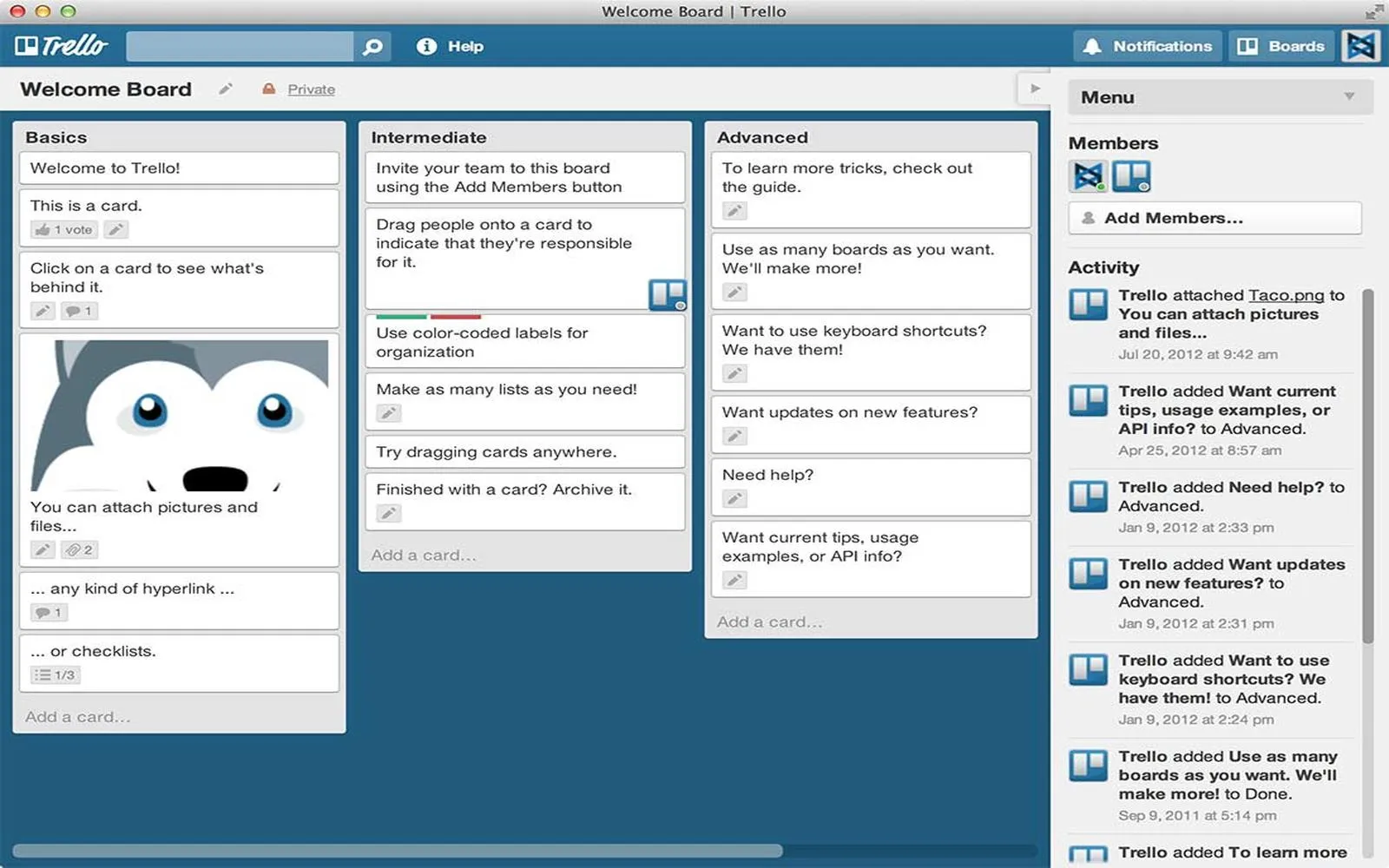1. Create a Dedicated Workspace
One of the most important aspects of successful ''remote work'' is having a dedicated workspace. This doesn't necessarily mean you need a separate office; even a well-organized corner of your room can suffice. The key is to create an environment that is free from distractions and conducive to productivity. Consider investing in a comfortable chair and desk, and ensure good lighting. A tidy and personalized space can help you focus better and feel more motivated.
2. Establish a Consistent Routine
Having a structured routine is crucial for maintaining productivity when working remotely. Set specific work hours that mimic a traditional office environment. This helps in establishing boundaries between personal and academic life. A well-defined schedule can improve your time management skills and ensure you allocate enough time for both studies and work. Use tools like calendar apps to block out time for tasks, breaks, and even social activities.
3. Leverage Technology and Tools
Utilizing the right technology can significantly enhance your ''remote work'' experience. There are numerous tools available that can help you manage tasks, collaborate with team members, and stay organized. Here’s a simple table highlighting some essential tools:
| Tool | Purpose |
|---|---|
| Slack | Team communication and collaboration |
| Trello | Project management and task tracking |
| Zoom | Video conferencing |
| Google Drive | File storage and sharing |
By integrating these tools into your ''remote work'' routine, you can improve communication, streamline workflows, and enhance collaboration with your peers or team members.
4. Stay Connected with Peers
Feeling isolated is a common challenge for many ''remote workers''. To combat this, make a conscious effort to stay connected with your peers. Schedule regular check-ins, virtual coffee breaks, or study sessions to maintain a sense of community and support. You can also join online groups or forums related to your field of study or interests, which can help you network and share experiences. Staying socially connected is essential for mental well-being, especially during remote work.
5. Prioritize Self-Care
Finally, don't forget to prioritize self-care. Balancing college life and ''remote work'' can be overwhelming, so it’s essential to take breaks and engage in activities that promote your mental and physical health. This could include exercise, meditation, or simply taking time to relax and unwind. Establishing a self-care routine is crucial for maintaining your overall well-being and preventing burnout.
Incorporating these ''remote work tips'' into your daily routine can significantly enhance your productivity and overall college experience this year. By creating a dedicated workspace, establishing a consistent routine, leveraging technology, staying connected with peers, and prioritizing self-care, you’ll be better equipped to handle the challenges of remote work. Remember, the key to success lies in finding what works best for you and adapting your strategies accordingly.





